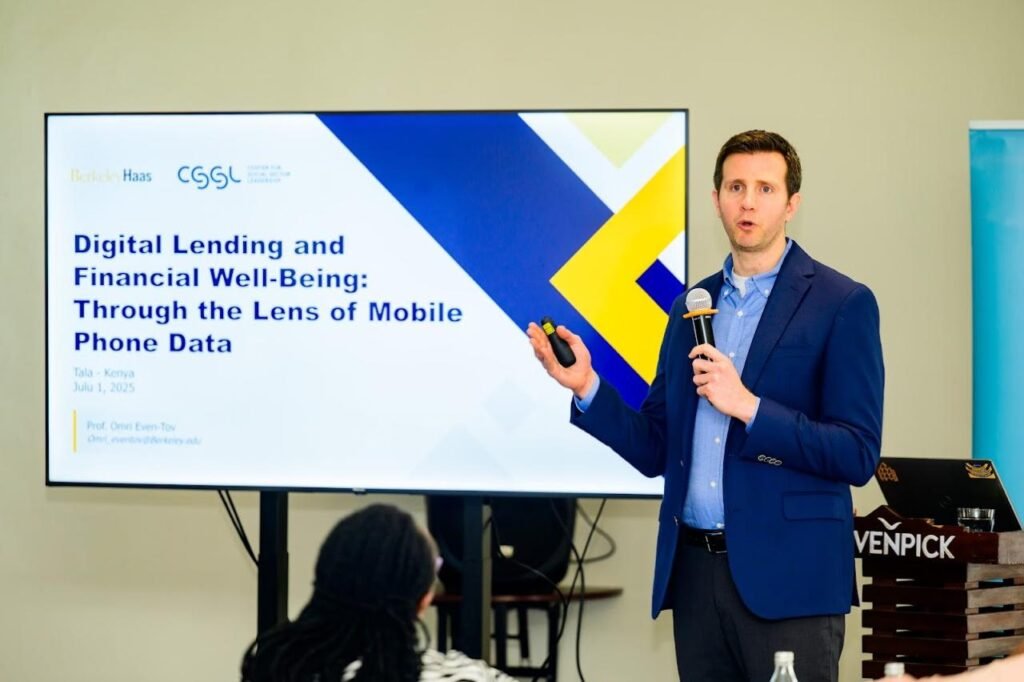Borrowers who were randomly approved for digital loans reported significantly better financial outcomes — including larger mobile money balances, higher income, improved employment prospects, and even expanded social networks — according to findings from a new research paper titled “Digital Lending and Financial Well-being: Through the Lens of Mobile Phone Data.”
Co-authored by Jung Koo Kang (Harvard Business School), AJ Chen (University of British Columbia), Omri Even-Tov (University of California, Berkeley), and Regina Wittenberg-Moerman (Northwestern University), the study used de-identified and anonymized datasets provided by Tala.
The researchers conducted a causal inference analysis of mobile-phone-based indicators of financial well-being, such as monetary transactions and balances, mobility, and self-reported income and employment.
Among a sample size of 20,092, the researchers found notable improvements in well-being, particularly among borrowers who used the funds for business purposes. Once granted the loan, these borrowers were nearly 24 percent more likely to be employed or self-employed than the control group of rejected applicants. They also traveled to 9.4 percent more cities, suggesting increased economic activity.
The study further revealed that the thousands of borrowers whose data were analyzed sent 27 percent more text messages — an indicator of strengthened social connections and expanding networks. On a self-reported basis, they also earned 21 percent more income per month and spent 15 percent more per financial transaction.
“Conventional wisdom would suggest that these borrowers would be more likely to misuse credit,” explained Harvard Business School Assistant Professor Jung Koo Kang, a co-author of the report.
“But instead,” Kang added, “we found that they experienced significant improvements in financial well-being. This may suggest that traditional cutoffs for creditworthiness can be overly conservative in emerging markets, where access to even small amounts of credit can unlock meaningful economic opportunities.”
The study also presents broader implications for developed economies such as the United States, highlighting the potential to responsibly integrate alternative credit models.
If adopted responsibly, such models could enhance financial inclusion and expand access to affordable credit for underserved populations globally.


